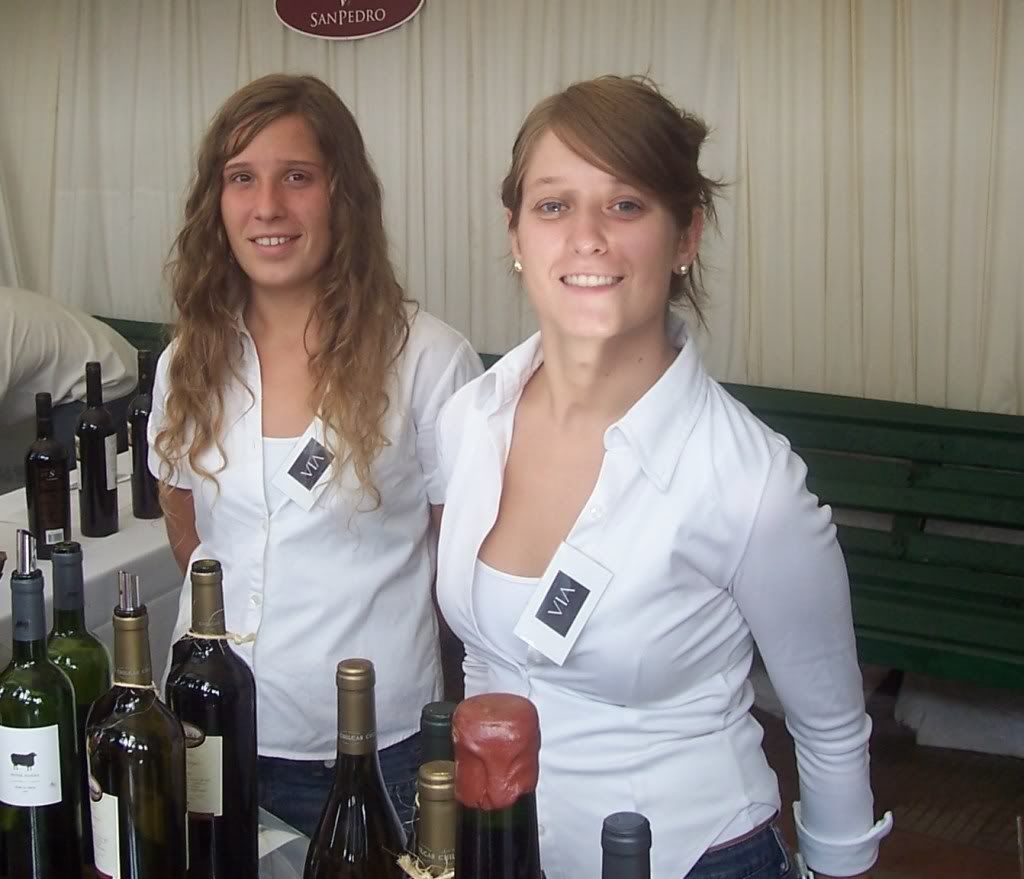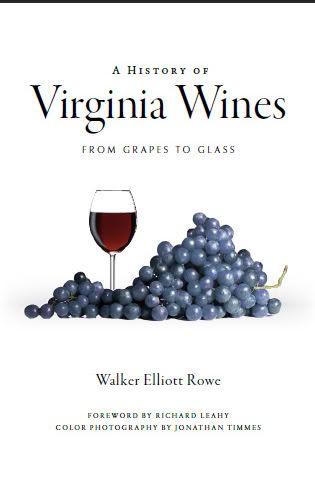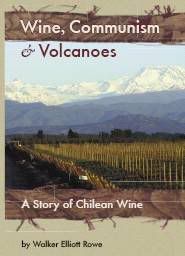At an meeting at the Virginia Cooperative Extension Office last week the topic of conversation was how to grow a community food system. A novel idea was presented by two self-described “agripenuers” Agro-Depot and the Virginia Brewing Company:
Agro-Depot
A key problem for local farmers is how to bring their product to market. Successful area farms that grow organic vegetables or grass fed livestock sell it by subscription or by going to the farmers market every weekend. But how is the farmer to work the farm and attend the farmers market too? This is where a middle man—or in this case middle women--like Agro-Depot can help.
Sarah Roussos retired early from another career but she has not slowed down. On the contrary this woman who describes herself as having lots of “spit and vinegar” got fired up with when someone told her “real farmers never do business with business”. After having sold herbs and goats from her farm she decided to jump right into the problem of how does a farm market to the end user. So she started FAARM last year which she has renamed “Agro-Depot”. She says, “We took on farmers in Loudoun county and other areas who did want to do business with businesses.”
She says the problem with selling produce is one of perception. Restaurant customers would tell her, “I want pretty tomatoes and they have to be here in December.” Tomatoes of course do not grow in
Her partner is Debbie Heimburger owner of the Hill High Country Store in Round Hill which has been in business since 1946. While there is a certain nostalgia to country stores Debbie says she seems them as an opportunity for commerce not to be written off as artifacts. She says, “As we travel we always make a trek to see country stores and they have fallen by the way side.” She points out that these small stores are thriving in
But the problem with selling local grown produce at a country store is one of supply. Debbie says, “The hobby farmers only generate enough produce to sell at the market at a very high price. If you don’t have the product there you are not going to get the traffic.” So Sarah and Debbie have teamed together and have more than 200 farmers providing customers to their retail outlets three of which are up and running today.
Kenner Love of the Rappahannock County Cooperative Extension service asked what size farms is Agro-Tech working with. “Is it a 50 acre farm or a 5 acre farm?”
Sarah says the farms they work with are for the most part less than 10 acres. She says, “We have Stoney Brook Farm, Luke Wiseman. He has an 11 acre total organic farm. He is one of our wonderful sources. Endless Summer harvest in Loudoun county. They have a hydroponic operation and green house. Our interest is in working with farmers who can produce a little longer [i.e. use hoop houses and so forth to extend the season].” Debbie says they also have some larger farms Ray Showalter in rural
Molly Harris owner of
Sarah’s table where she made her presentation was littered with brochures which read in part: “the producer is NEVER [their boldface added for emphasis] asked to sell his product at WHOLESALE pricing. Rather we would allow the producer to SET HIS OWN PRICING at a ‘fair and realistic’ level which would enhance interest and repeat sales of the product.”
Their web site says, “The goals …. are to create venues where local farmers can connect directly with local consumers, to build community in an urban setting, and to provide public education on regional farming, gardening and food preparation.”
Sarah wraps up imploring, “If you a farmer come to us and say I am a farmer I would like to be in this program. If you are a restaurant in our vicinity we bring it to you.”
ZeroPak
In a crowd sometimes it’s the quiet ones who are the most interesting. So it was with Jim Justice president of the
Jim says he is now the current occupant of a 12 acre former apple packing plant in
He explained that he bought the bankrupt facility Zeropak which was one of three apple processing complexes in
One problem mentioned by growers is there is a need for large cold storage facilities. “That’s the one thing I have is massive amount of storage space.” If you have ever wondered how
Jim is trying to build a farmers market around his brewery to draw in the crowds. He says, “The model I came up with is beer + music = money.” He says, “In my travels in the world the funnest [sic] farmers markets are a festival and I am all about the festival. I have refrigeration space and rail card access. The idea next is to bring the farmers market in.“
So Jim has brought in Sarah and Debbie of Agro-Depot. Sarah tells everyone that she got goose bumps talking about the peanut farmer who sold hundreds of dollars there at Zero-Pak the first day they were open. The farmers had planted and harvested the peanuts himself by hand. That farmer and others will profit from this growing venture.









No comments:
Post a Comment